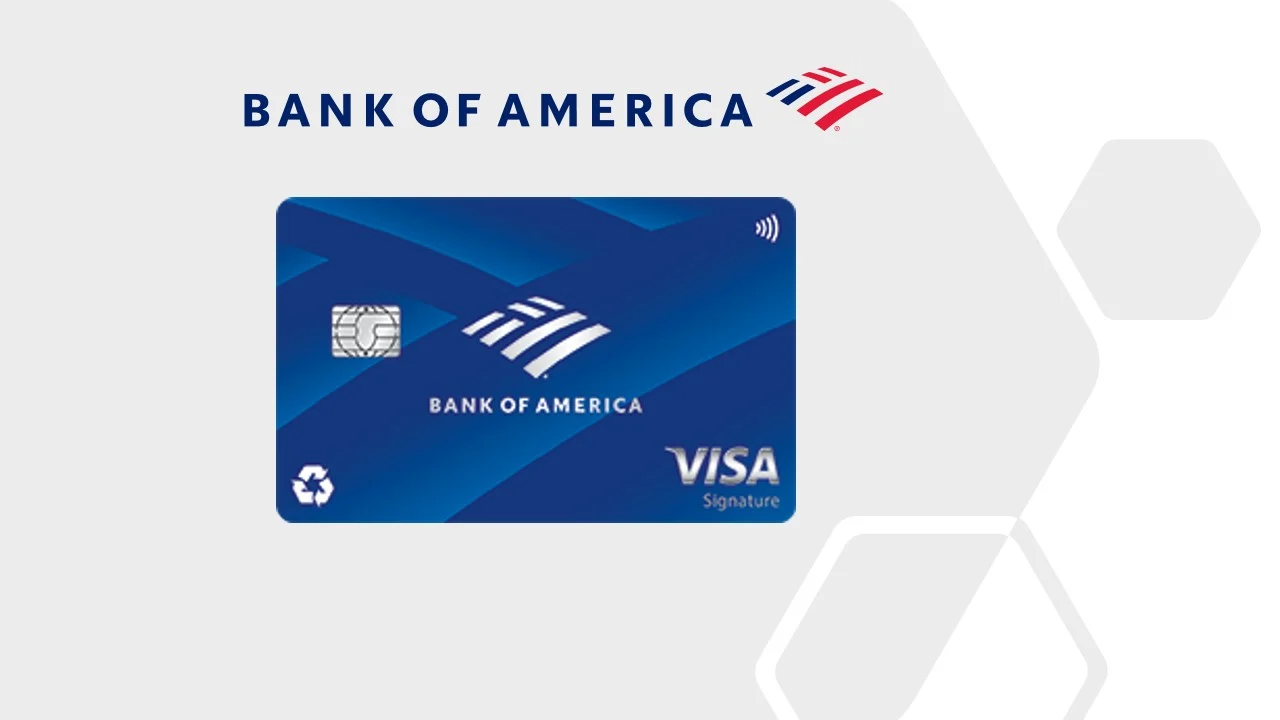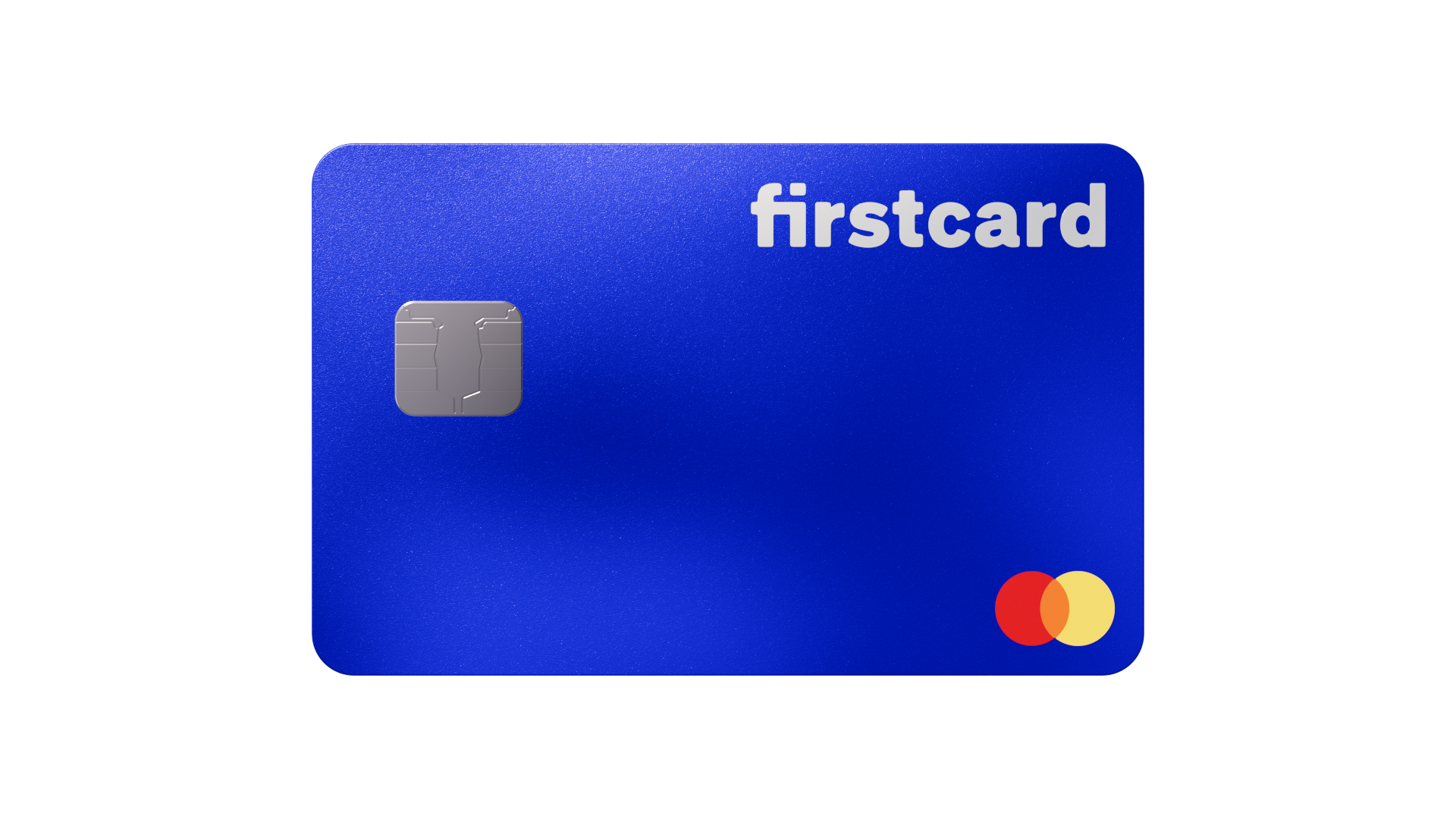Credit Cards for Beginners: What You Need to Know Before Applying for Yours

Understanding Credit Cards
Credit cards can be a powerful financial tool when used wisely. For beginners, navigating the world of credit can be overwhelming. However, understanding a few key concepts can help you make informed decisions that pave the way for sound financial health.
What You Should Know
Before applying for your first credit card, consider these important points:
- Types of Credit Cards: There are various types of credit cards, including basic, rewards, and secured cards. Basic cards often have lower credit limits and few perks, making them ideal for first-time users. Rewards cards, on the other hand, offer benefits like cash back or travel points which can enhance your spending experience. For those with limited credit history, secured cards require a cash deposit that serves as your credit limit, allowing you to build your credit score responsibly.
- Interest Rates: Be aware of annual percentage rates (APRs), which determine how much interest you will pay if you carry a balance from month to month. For instance, a card with a 15% APR means that if you have an outstanding balance of $1,000, you will incur $150 in interest over a year if you do not pay it off. It’s crucial to pay your balance in full each month to avoid these additional costs.
- Credit Scores: Your credit score affects your approval chances and the interest rates available to you. A higher credit score (typically above 700) signals to lenders that you are a responsible borrower, which can lead to better rates and more attractive credit offers. You can check your credit score for free at various online services to understand your starting point.
- Fees: Look out for yearly fees, late payment fees, and foreign transaction fees. Some cards come with an annual fee that may not provide sufficient rewards to justify the cost, while others may have no fees. Always read the fine print to understand potential charges. For example, many travel cards add a 3% fee on transactions made outside the U.S., which can quickly add up if you travel often.
It is essential to choose the right card for your financial situation. Each credit card has unique benefits and drawbacks that may suit different lifestyles and spending habits. By considering these factors, you can find a card that not only meets your needs but also helps you build a strong credit history.
Why Start with a Credit Card?
Getting your first credit card offers numerous advantages:
- Establishing Credit: A credit card is a vital tool for building a credit history, which opens the door to future loans, mortgages, or even rental agreements. A strong credit history signals to lenders that you are a low-risk borrower.
- Rewards and Perks: Many credit cards offer rewards, such as cash back, travel benefits, or bonus points that can be redeemed for merchandise. For instance, a card might give you 1.5% cash back on all purchases, allowing you to earn money back on things you buy regularly.
- Financial Flexibility: Credit cards provide a safety net for emergencies or larger purchases when you may not have enough cash on hand. For example, if your car needs an unexpected repair, having a credit card can help you manage the costs without immediate financial strain.
With the right knowledge, you can confidently select your first credit card and set yourself up for financial success. Remember, responsible use—like paying your balance in full each month and making payments on time—can help you reap the benefits of credit while avoiding the pitfalls of debt.
DISCOVER MORE: Click here to find out how to apply
Choosing the Right Credit Card
When it comes to selecting your first credit card, understanding the available options can significantly impact your financial journey. Making an informed choice can lead to a positive effect on your credit score and overall spending experience. Here are some key factors to consider when choosing a credit card:
- Purpose of the Card: Start by asking yourself why you need a credit card. Are you looking to build credit, earn rewards, or have a backup for emergencies? Your purpose will guide your decision. For example, if your primary goal is to build credit, a basic card designed for first-time users may be the best starting point.
- Promotional Offers: Many credit cards come with attractive introductory offers, such as 0% APR on purchases for the first year or bonus rewards points after spending a certain amount within the first few months. Be cautious, however; while these offers can be enticing, it’s vital to assess whether the card’s long-term features align with your financial goals.
- Credit Limit: Most first-time credit cards tend to have lower credit limits, which can be beneficial for beginners. A lower limit can help you develop the habit of managing your spending without risking overwhelming debt. As you demonstrate responsible use, credit card companies may increase your limit over time.
- Customer Service: Research the issuer’s customer service reputation. Consider how easily you can reach a representative if you have questions or issues. Look for cards from companies known for responsive and helpful customer support to ensure you feel supported throughout your credit journey.
By considering these factors, you can select a credit card that aligns with your needs and financial capabilities. Remember, it’s not about simply choosing the card with the highest rewards but finding one that fits your unique situation.
Understanding the Application Process
Once you have a solid understanding of which card fits your needs, the next step is applying for the card. The application process is typically straightforward but does require some preparation:
- Gather Required Information: When applying for a credit card, you’ll need to provide personal information such as your name, address, Social Security number, and income details. Make sure to have this information ready to streamline the application process.
- Check Your Credit Report: Review your credit report before applying. Understanding your credit history can give you insights into how lenders might perceive you. If you notice any errors, address them before submitting your application to improve your chances of approval.
- Choose Between Online and In-Store Applications: Most credit card applications can be done online, which is typically faster and more convenient. Alternatively, going to a bank or credit union branch allows you to ask questions directly and receive immediate assistance.
By preparing adequately and understanding the components of the application process, you’ll be well on your way to successfully obtaining your first credit card while laying the groundwork for a responsible credit history.
DIVE DEEPER: Click here to learn about the 50-30-20 rule
Understanding Credit Card Terms and Fees
Familiarizing yourself with the various terms and potential fees associated with credit cards is crucial for making sound financial decisions. Understanding these elements can help you avoid surprises and manage your credit card effectively:
- Annual Percentage Rate (APR): The APR is a crucial factor to understand, as it indicates the interest rate charged on any outstanding balance. If you tend to carry a balance from month to month, look for cards with an lower APR. Conversely, if you plan to pay off your balance in full each month, the APR may be less of a concern.
- Fees: Credit cards often come with various fees—some common ones include annual fees, late payment fees, and foreign transaction fees. Read the fine print to understand any fees associated with your card, as high fees can significantly increase your cost of borrowing.
- Grace Period: A grace period is the time you have to pay your balance in full without incurring interest charges. Many credit cards provide a 25 to 30-day grace period on new purchases. Knowing when your grace period starts and ends can help you manage payments effectively and avoid unnecessary interest costs.
- Minimum Payment: Be aware of the minimum payment requirements indicated in your card agreement. While it may be tempting to only make the minimum payment, doing so can lead to accumulating substantial interest over time. Aim to pay more than the minimum whenever possible to reduce your debt and improve your credit standing.
Understanding these terms and fees will help you use your credit card wisely, ensuring that you maximize rewards while minimizing costs.
Building a Positive Credit History
Your credit card usage will play a significant role in establishing your credit history, which is vital when you want to apply for loans, mortgages, or other credit products in the future. Here are some best practices to help you build a positive credit history:
- Timely Payments: Always pay your bill on time. Late payments can negatively impact your credit score and result in hefty fees. Setting up automatic payments or reminders can help ensure you never miss a due date.
- Keep Your Balance Low: Try to maintain a low balance relative to your credit limit. A good rule of thumb is to aim for utilizing less than 30% of your available credit to keep your credit utilization ratio healthy. A high utilization rate can indicate financial distress to lenders.
- Regularly Monitor Your Credit: Keep an eye on your credit report and score, which can often be obtained for free from various services. Monitoring your credit will help you stay informed about factors that may affect your score, and it allows you to identify any inaccuracies that need to be rectified.
- Use Your Card Responsibly: Make small purchases that you can pay off in full each month. This behavior demonstrates responsible credit use and helps you establish a robust credit history without falling into debt.
By implementing these practices, you can effectively build and maintain a positive credit history, laying a strong foundation for your future financial endeavors.
DISCOVER MORE: Click here for the application guide
Conclusion
Choosing your first credit card is an important step in your financial journey, and equipping yourself with the right knowledge will empower you to make informed decisions. By understanding the essential terms and fees associated with credit cards, you can navigate the financial landscape with greater confidence. Remember to fully grasp the difference between the Annual Percentage Rate (APR) and the various fees that could impact your finances. Furthermore, establishing a strong credit history through timely payments, maintaining low balances, and monitoring your credit is key to unlocking better opportunities in the future.
As a beginner, it’s vital to approach credit cards with responsibility. Always consider your spending habits and whether you can repay your balance in full to avoid interest charges. Setting personal financial goals can also guide your usage, helping you stay disciplined in managing your credit. Additionally, don’t hesitate to utilize educational resources or seek assistance when needed; many financial institutions offer tools and support to help you make the best choices.
In conclusion, starting with a credit card can be a valuable asset when handled wisely. By following the principles outlined in this article, you will not only enhance your financial literacy but also pave the way for a secure financial future. As you embark on this journey, embrace the learning process and remember that small, responsible steps can lead to significant accomplishments in your financial well-being.


